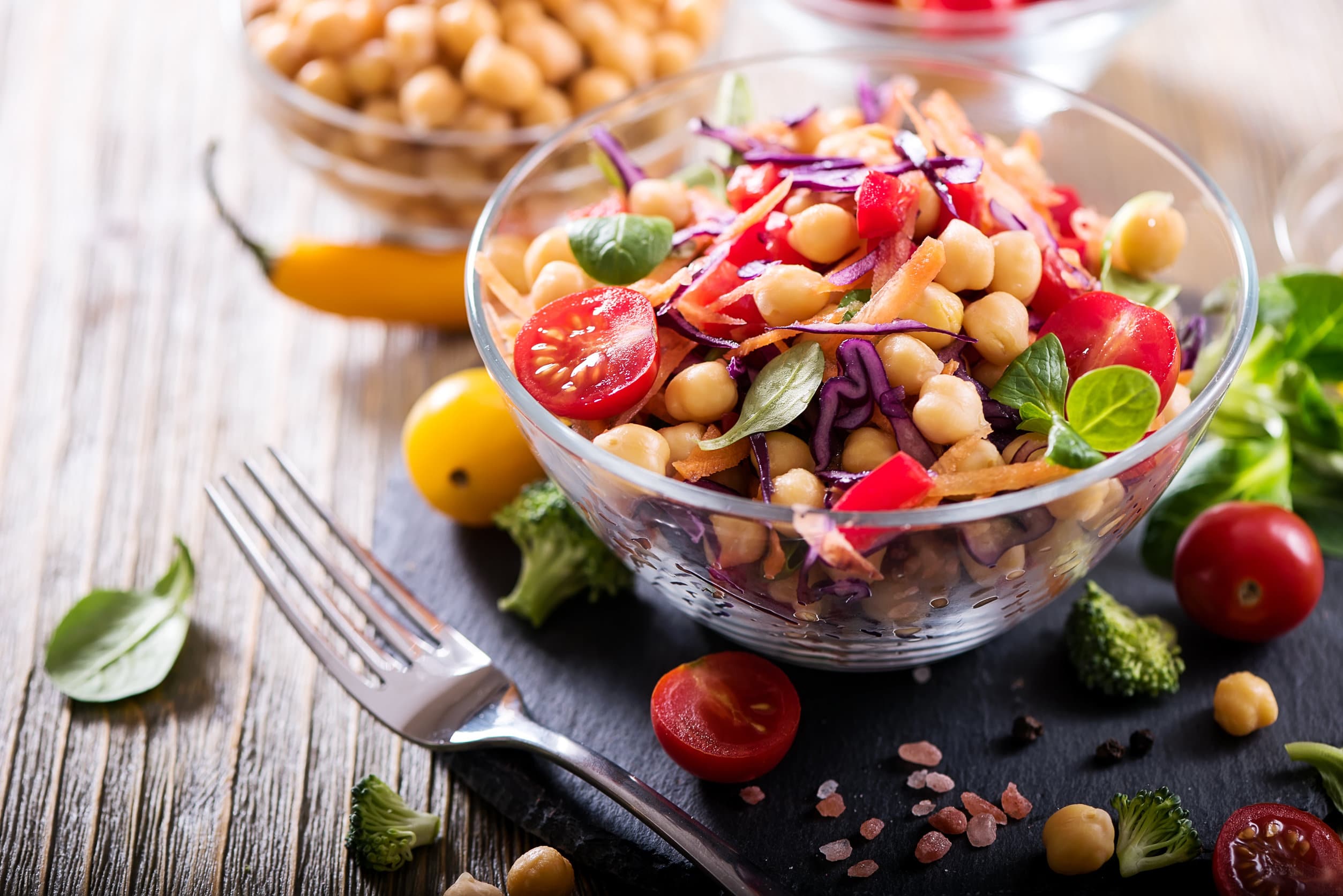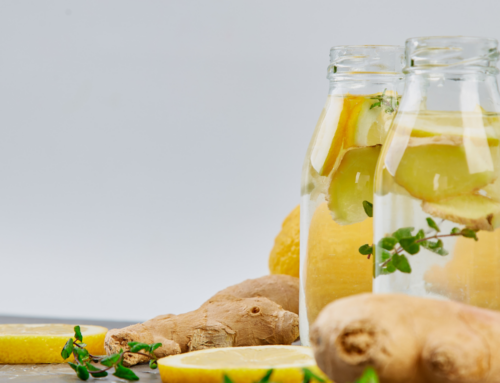What is The Vegan Diet
The vegan diet is an example of a plant-based diet. A vegan diet will only include foods that are from plant sources. This includes food like vegetables, whole grains, legumes, nuts, seeds and fruit. The vegan diet will not include any animal products at all and this includes foods like honey, dairy and eggs.
many people will choose to go vegan for several different reasons. There are many advocates of plant-based eating who claim that vegans are typically slimmer, have lower levels of cholesterol and blood pressure, and have a reduced risk of mortality from diseases like heart disease and cancer. There is also the layer of concern about the environment, treatment of animals, taste, social pressure, scaremongering documentaries and health reasons are all contributing to the swelling numbers turning away from food sourced from animals.
Benefits of Plant-based Eating
Most research looking into plant-based eating patterns has focused on the vegetarian and the Mediterranean diets. The Mediterranean diet has a foundation of plant-based foods and includes fish, poultry, eggs, cheese and yogurt a few times a week. Meat and sweet treats are eaten less often. The Mediterranean diet has been shown in both large population studies and randomized clinical trials (the strongest level of scientific evidence) to help manage weight, reduce risk of heart disease, metabolic syndrome, diabetes, certain cancers (specifically colon, breast and prostate cancer), depression and, in older adults, promote better mental health and longevity. It seems that plant-based diets like the Mediterranean diet act through multiple pathways, including better glycaemic control, lower inflammatory activity and altered neurotransmitter metabolism achieved via a positive change in gut bacteria.
So, although the research definitely shows that we could have a healthier population if we included more plant-based foods in our diets, the evidence doesn’t yet say that being vegan is the only way and the best way not only for weight loss but also for general health.
The Proper Way To Eat Vegan
Technically, a diet of fizzy drinks, sweets, biscuits, lots of vegan pizza and fries are still vegan. While that is still considered vegan, the following a diet like this is neither good for you or the environment.
This minor detail is what determines if you will actually lose weight when you start following a vegan diet. It’s all about quality of the food your are eating. We have already given a few examples of vegan foods that are unhealthy for you so even though you are eating vegan aren’t always being healthy. When it comes to weight loss it is all about energy balance. At the end of the day, week or month in simplistic terms to lose weight you need to consume less energy than you burn.
In theory, following a vegan dietary pattern should help with keeping your calories lower as plant-based foods are typically higher in fibre which is one nutrient that keeps you fuller for longer however this it is not a given that all vegan diets are high in fibre.
It is very easy to get your calorie balance wrong if you also load up on nut butters, avocado and vegan cheeses. When done right, a vegan diet can be super nutritious and can contribute to a healthy weight, lifestyle and environment — but the emphasis here, being on the word right. Without proper planning and know-how, it’s very easy to get a vegan diet wrong.
Contact Us:
To find out the best nutrition plan for you, contact us at Peak Wellness office to schedule a consultation with someone from our team. Our team is here to meet your sports medicine needs as well as any other wellness services!








